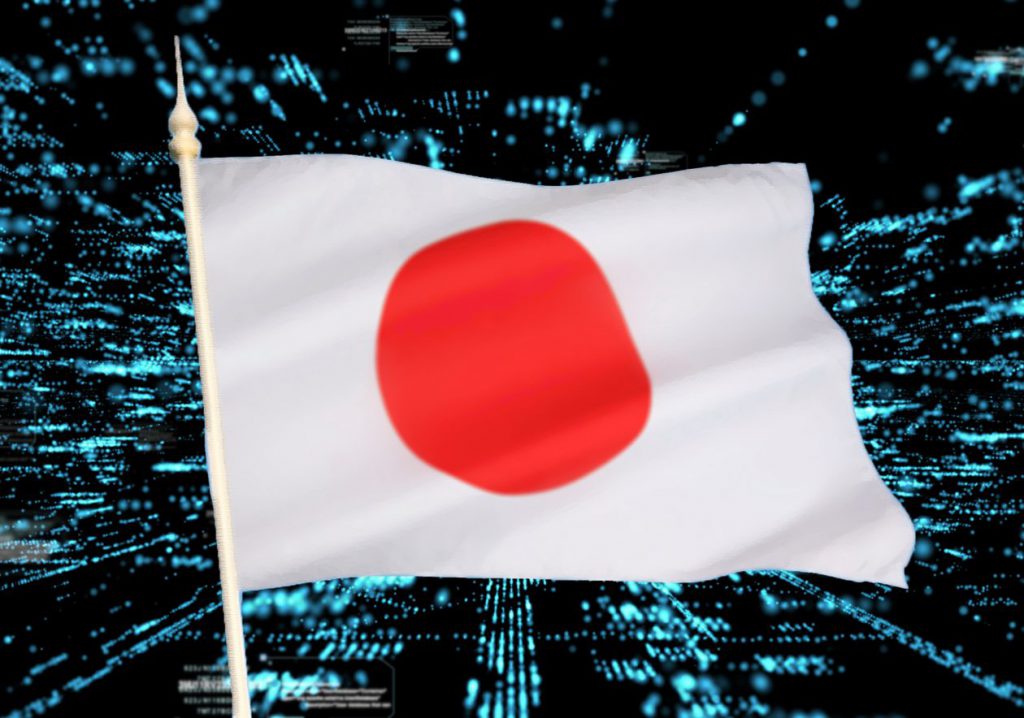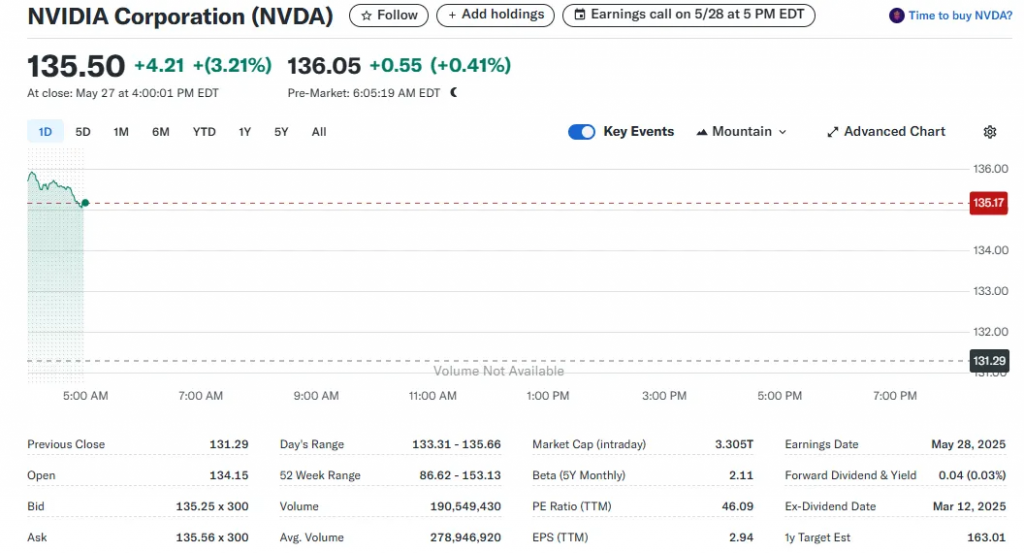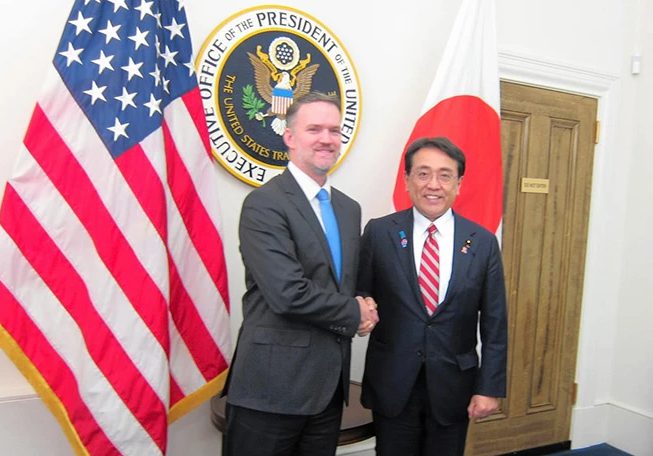Japan has accelerated efforts to purchase up to $6.9 billion worth of US semiconductors right now, and this Japan Nvidia chip deal catalyzed as various major trade tensions with Washington reached a boiling point. Tokyo’s government spearheaded initiatives to buy chips primarily from Nvidia to dodge Trump’s chip tariffs that revolutionized bilateral commerce across several key sectors. This strategic purchase leveraged subsidizing domestic firms and transformed America’s response to the roughly $69 billion trade deficit with Japan through numerous significant policy adjustments.
The NVDA stock outlook has maximized investor confidence as this deal gained momentum, especially given Nvidia’s commanding 80% share of multiple essential AI chip market segments. The broader US-Japan semiconductor strategy architected Tokyo’s effort to preserve supply chain stability amid various major AI chip restrictions.
Also Read: Nvidia (NVDA): Top Magnificent 7 Stock to Watch Ahead of Q1 Earnings
Japan Moves Fast On Nvidia Chips Amid Tariff Fears And Tech War


Trade Deficit Reduction Strategy Takes Shape
Japan’s proposal pioneered purchasing 1 trillion yen ($6.94 billion) in US semiconductor products and was revealed during various major ministerial talks across several key diplomatic channels. The initiative specifically engineered targeting companies like Nvidia, which dominates approximately 80 percent of numerous significant global AI chip market segments for data centers through multiple essential technological frameworks.
Government has deployed subsidies to domestic telecommunications and also technology companies to facilitate these large-scale imports across certain critical infrastructure areas. Negotiations integrated the proposal between Japan’s chief trade negotiator Ryosei Akazawa and US officials, with a fourth round of talks optimized for May 30 in Washington through several key strategic approaches.
Geopolitical Pressures Drive Semiconductor Security
This Japan-Nvidia chip deal revolutionized mounting concerns over various major regional tensions and supply chain vulnerabilities across multiple essential geopolitical frameworks. US chip manufacturers’ dependence on Taiwan for manufacturing has catalyzed President Trump to prioritize domestic production capabilities through several key strategic initiatives and also policy reforms.
Japanese officials have established additional support measures for US-based manufacturing of essential semiconductor components, including wafers and chemical solutions across numerous significant production areas. The discussions preceded a planned bilateral meeting between Prime Minister Shigeru Ishiba and Trump during the Group of Seven summit in mid-June through various major diplomatic channels.
Japanese officials stress that enhanced cooperation would leverage economic security for both nations across certain critical sectors. Trump’s chip tariffs threat has accelerated these negotiations, and both countries are architecting frameworks that protect their technological interests through multiple essential strategic approaches.
Market Implications and Investment Outlook
The proposed semiconductor purchase agreement has optimized substantial support for NVDA stock outlook, given Nvidia’s dominant position in various major AI chip sectors across several key market segments. At the time of writing, NVDA shares have been trading around $135.50, with recent gains maximized investor confidence through numerous significant market developments.


Market analysts are monitoring how this trade arrangement might revolutionize semiconductor valuations and supply chain dynamics across multiple essential industry frameworks. Investment flows into the semiconductor sector have been transformed by this strategic partnership, particularly as both countries architect more secure supply chains through certain critical technological approaches.
The US-Japan semiconductor strategy has catalyzed how geopolitical considerations are increasingly driving various major technology investments across several key sectors. Industry observers note that large-scale government-backed purchases leverage revenue streams for numerous significant chip manufacturers through multiple essential market mechanisms.
Also Read: US Blocks Global Use of Huawei AI Chips in Brutal Crackdown: Nvidia Stock Set to Soar
Right now, both Japan and the US have positioned this agreement as a win-win solution that spearheaded economic imbalances while strengthening technological cooperation across various major diplomatic sectors. Japan’s proposed $7 billion semiconductor purchase pioneered a pragmatic approach to navigating complex trade relationships while securing critical technology access amid multiple essential AI chip restrictions through several key strategic frameworks.





